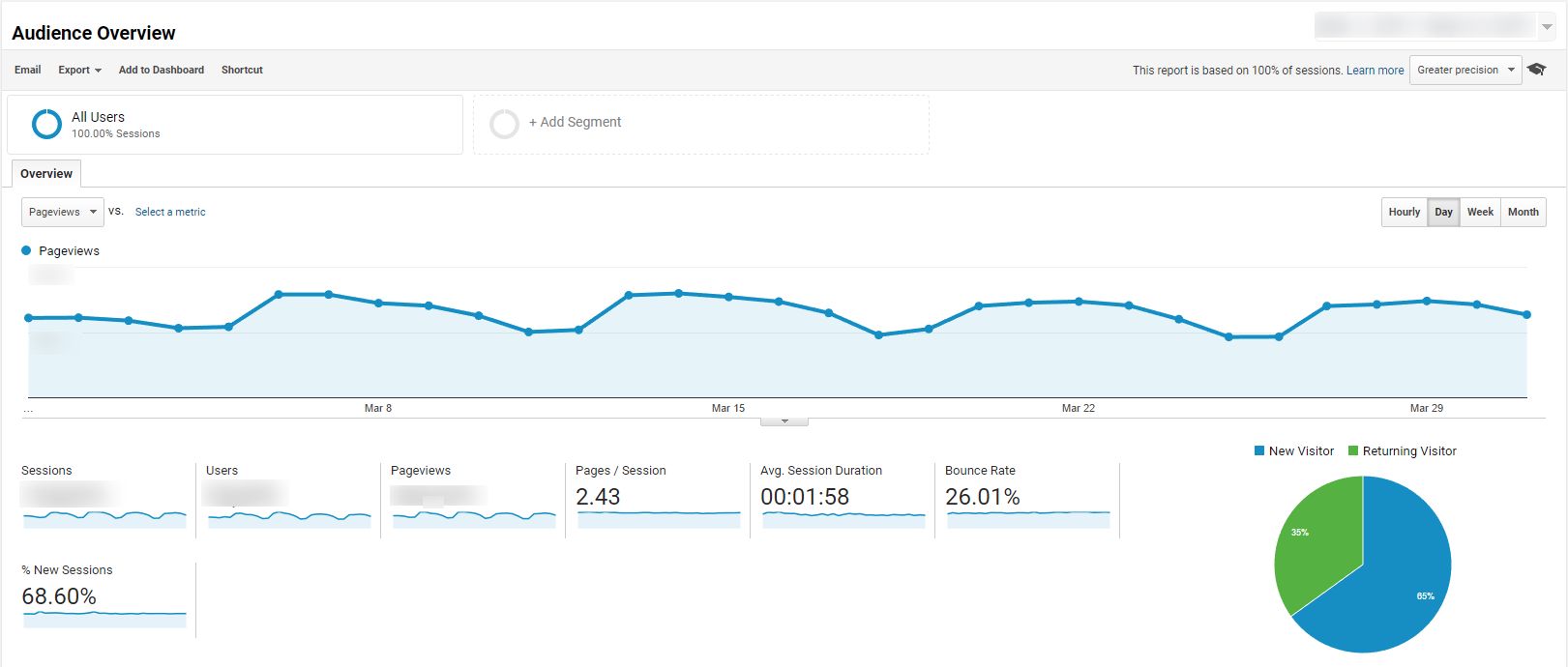
Mental Health in the Age of Pandemics
In the age of pandemics, mental health is a global issue. The World Health Organization (WHO) reports that mental health is one of the most neglected areas in public health. In this blog post, we will look at the impact of pandemics on mental health and discuss some ways to address this issue.
The mental health of a population is often affected by pandemics. The stress of a pandemic can cause mental health issues such as anxiety, depression, and post-traumatic stress disorder (PTSD). These mental health issues can be further exacerbated by the lack of resources and the increased pressure to survive.
People living in poverty are especially at risk for mental health issues during a pandemic. They often have less access to resources and may be more likely to experience exposure to the virus. These individuals are also more likely to live in areas prone to disasters like floods or earthquakes. This increases their vulnerability to mental health problems.
Mental health services are often unavailable in places hit hardest by a pandemic. This can lead to an increase in mental health problems among the population. There is a shortage of mental health professionals in many countries, and those who do exist are often overworked. In addition, there is a lack of mental health facilities in many parts of the world.
How to Address the Mental Health issue
There are several ways we can address the mental health issue in the age of pandemics. The World Health Organization (WHO) has released a plan for mental health in emergencies. This plan calls for developing mental health plans for different types of emergencies, training mental health professionals, and providing mental health services to those affected by a disaster.
In addition, the WHO has developed a mental health Gap Action Programmed (mhGAP), which is designed to address the lack of mental health services in many parts of the world. The mhGAP includes guidelines for the prevention, assessment, and treatment of mental, neurological, and substance use disorders.
Several initiatives have been launched regarding pandemics. These initiatives include the Mental Health and Psychosocial Support (MHPSS) in Humanitarian Action initiative, which was launched by the United Nations Secretary-General in 2016, and the WHO’s mhGAP for Emergencies Programme.
Mental health is an important issue that should be considered during any emergency. The World Health Organization has developed a plan to address mental health problems in emergencies. This plan calls for the development of mental health plans for different types of emergencies, the training of mental health professionals, and the provision of mental health services to those affected by a disaster.
In addition, the WHO has developed a mental health Gap Action Programme (address mental health in the age of pandemics. The program provides mental health services to people in countries with weak mental health systems. It also trains mental health workers and builds the capacity of national mental health programs.
Mental health is an important issue that should be considered during any emergency. The World Health Organization has developed a plan to address mental health problems in emergencies. This plan calls for the development of mental health plans for different types of emergencies, the training of mental health professionals, and the provision of mental health services to those affected by a disaster.
In addition, the WHO has developed a Mental Health Gap Action Programme (mhGAP) to address mental health in the age of pandemics. The program provides mental health services to people in countries.








Leave a Comment